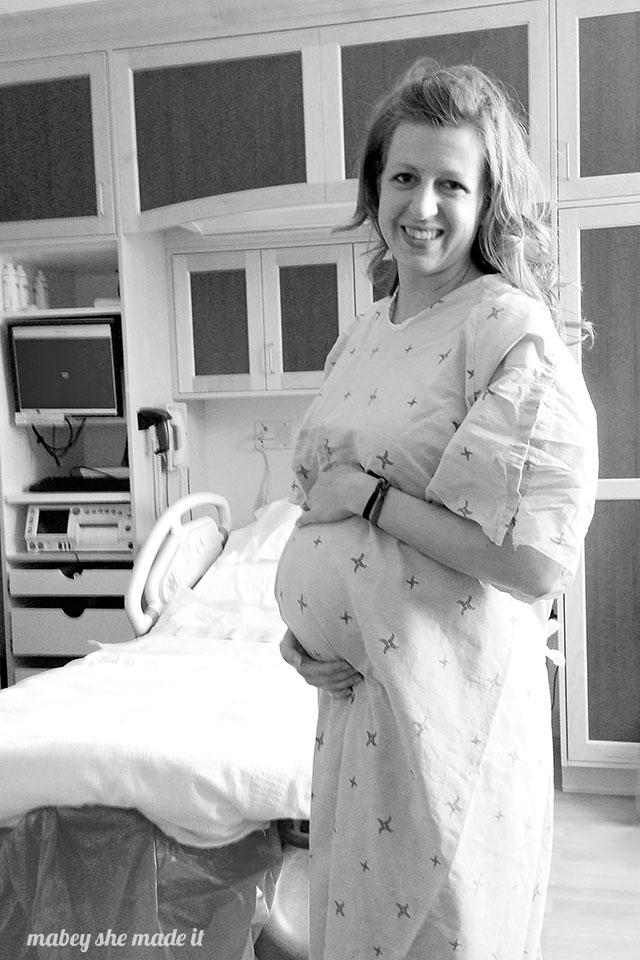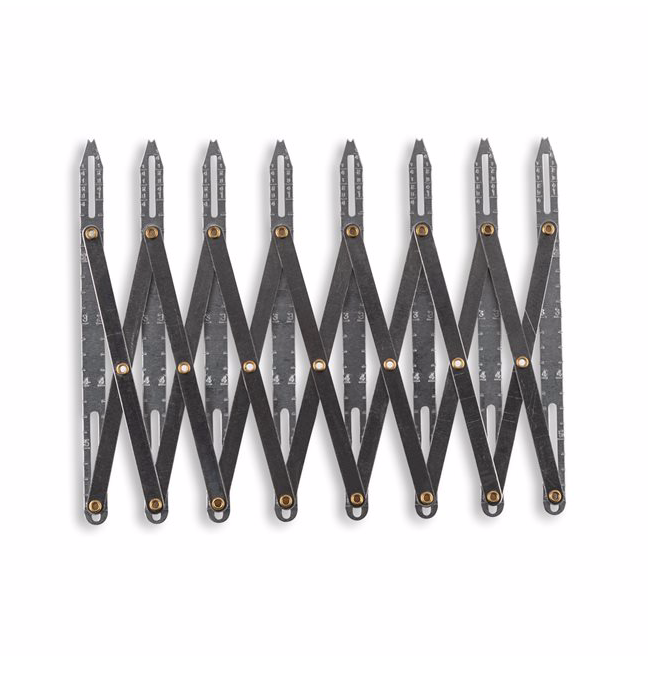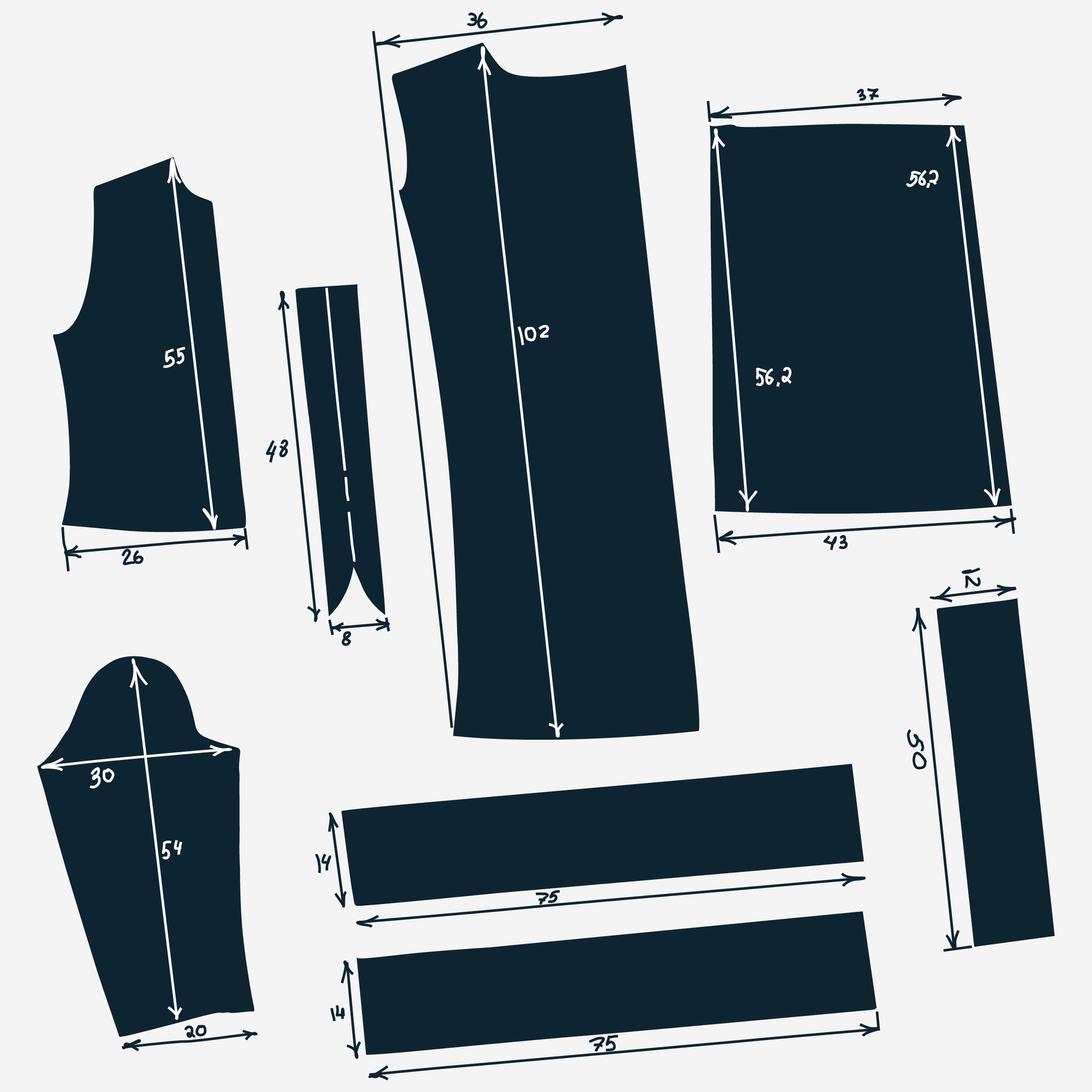With Maya turning two next week, I realized that it was finally time for me to talk about what I learned from my preeclampsia experience because I want to help others going through it if I can. I also didn’t realize until just now that May is preeclampsia awareness month, so my timing looks intentional.
UPDATE: I’ve now also been through pre-eclampsia for the second time with my son being born at 36 weeks. Part of the reason I needed to write this post was because I was facing a second diagnosis and realized I hadn’t really dealt with the feelings from first time. And while this post is definitely not medical advice, its intended to help you with the emotions you may feel in this scary time.

I am guessing you’re here for one of two reasons: you’ve been diagnosed with preeclampsia or you’re a regular reader at Mabey She Made It. If you’ve just been diagnosed, take a deep breath and know you’re not alone. It took me quite a while to understand what was going on with my body and just how much care went into getting me and Maya through it safely.
My hope here is to share a lot of the things I’ve learned since my diagnosis that have helped me and will hopefully help you as well. Other than a brief definition of preeclampsia, the rest is my experience and understanding.
A lot of what you find online is either medical definitions/symptoms or actual birth stories that can scare the daylights out of you–but what I needed two years ago was someone who understood and could talk to me person to person. And while I’m not physically with you, I hope this post can provide you with some peace and some (non-medical) advice that helps you in this tough time.
What Is Preeclampsia
So let’s start by defining preeclampsia (because that was the first thing I had to look up when I was diagnosed–I didn’t really even know what it was). The Preeclampsia Foundation defines preeclampsia as:
“a disorder that occurs only during pregnancy and the postpartum period and affects both the mother and the unborn baby. Affecting at least 5-8% of all pregnancies, it is a rapidly progressive condition characterized by high blood pressure and the presence of protein in the urine. Swelling, sudden weight gain, headaches and changes in vision are important symptoms; however, some women with rapidly advancing disease report few symptoms.”
So what does that mean? Basically, doctors think your body’s immune system starts fighting with your placenta which causes the symptoms above. (I know, I didn’t get that from the definition either–that was my doctor’s interpretation for me.)
While preeclampsia is not all that common, it is serious. Most cases are not severe and happen at the end of your pregnancy when your baby is already full term so early delivery is an easy solution. Really, delivery is the only solution regardless of when you are diagnosed. I happened to have a less-common severe case that developed at 32 weeks and my daughter was born one week later.
What I Wish I Knew About Preeclampsia
While every case is different and each medical plan is individualized, I wanted to share some things that I learned and researched to help you through your preeclampsia experience. And don’t worry–there are no horror stories here.

Don’t read too much
Preeclampsia a scary thing, and reading too many birth stories or medical websites won’t help. What will help is trusting your body, your intuition, and a good health team. Read what your doctor gives you or recommends and listen to your medical staff. I felt absolutely fine, but I really wasn’t and I know now that trusting them helped us have a happy ending. And if you get pregnant again in the future, trust your instincts–they’ll help you immensely.
Your level of stress cannot and will not give you preeclampsia
During my last pregnancy I was under a lot of stress with a major home renovation, a 2 and 3 year old at home, and posting here 4-6 times a week. After our birth and NICU experience I started to wonder if I had contributed to the situation because of these things. I’ve now asked three different OBs in person (including a high-risk doctor) and read lots of preeclampsia sites, and the firm answer is NO. Low stress is a good thing, but if you’re wondering whether you are to blame for your preeclampsia–you’re not. Tell yourself that over and over until you believe it.
There’s really nothing you can/should do to prevent preeclampsia
Obviously normal health recommendations like eating healthy and getting exercise are always beneficial, but there’s no special diet or amount of exercise that will prevent it. Even your doctor doesn’t understand why it happens exactly, so don’t wonder if a few missed prenatal vitamins, occasional fry cravings, or not getting a daily walk in could have made a difference–this is not your fault.
Doctors weigh the consequences of both mother and baby in your care
I didn’t realize at the time that my care was a balancing act, but it makes sense. They have two patients–you and baby–to consider in every decision. Since Maya was 32 weeks when I was hospitalized they immediately started me on steroids to help mature her lungs in case she had to be born early. Once she had the steroids, the focus of my care went to reducing my blood pressure and keeping her inside as long as possible. When the risk of seizure or stroke for me became more than the risk of her being born prematurely, doctors decided to deliver her. I tell you this only so you understand the basics of why your doctor might be making certain decisions in your care. They’re doing what’s best for both of you the best they can.
Let go of your birth plan
Once you develop preeclampsia, safety for you and baby are all that matter. I’m sure you’ve got a lot to process but the sooner you can let go of the perfect birth scenario you’ve created, the better. If you can be at peace with the care and delivery you end up having you’ll have one less thing to worry about. And while a c-section and NICU stay definitely weren’t things I was planning or hoping for, they allowed us to have a safe delivery and amazing care for our little one (and emotional support for us as parents too!).

Maya on her first full day in the NICU. She only had the IV for about a day and the rest are monitors and a feeding tube. We were amazed at how quickly she progressed.
You’re not alone
Regardless of your baby’s gestational age when you are diagnosed, know that there are plenty of other women who have been in your shoes and willingly offer support both online and in person. Get connected and you’ll understand the power of community and the support of those who really know what you’re going through.
Even though pre-eclampsia was a difficult thing to go through, we were blessed with a caring medical staff, amazing support from family and friends, and with a happy ending. If you’re going through this now, please know I’d be happy to talk to you and help any way I can–send me an email or comment below. You can do this!







I'd love to hear your thoughts–leave me a comment!